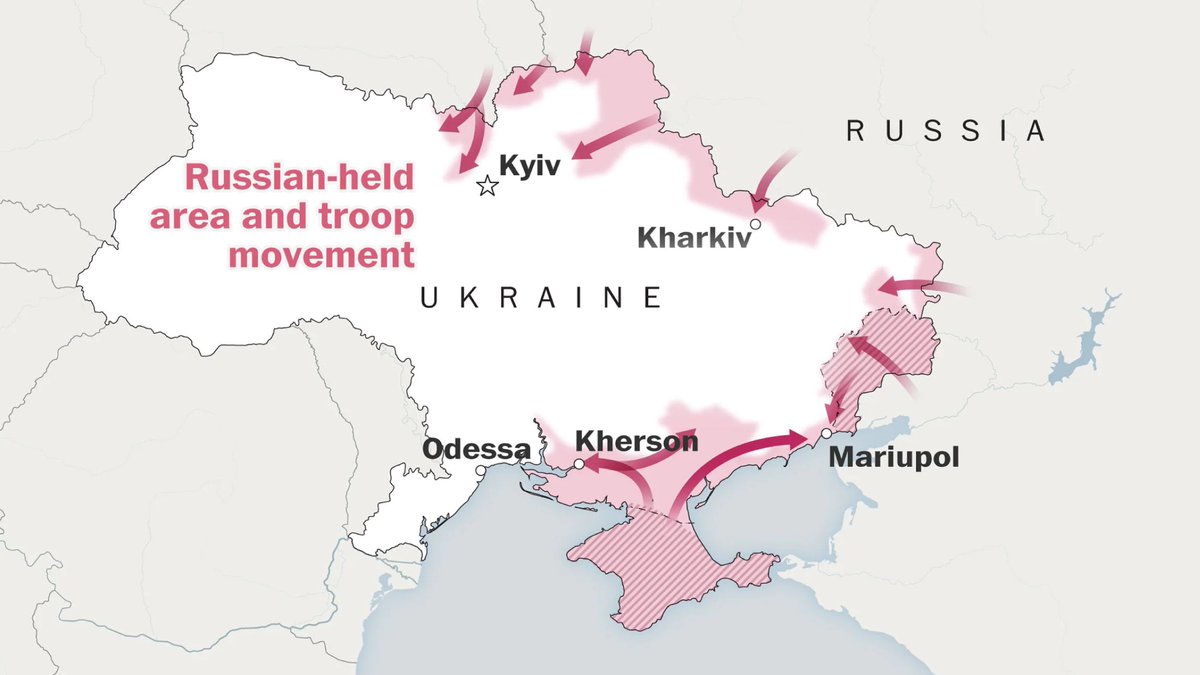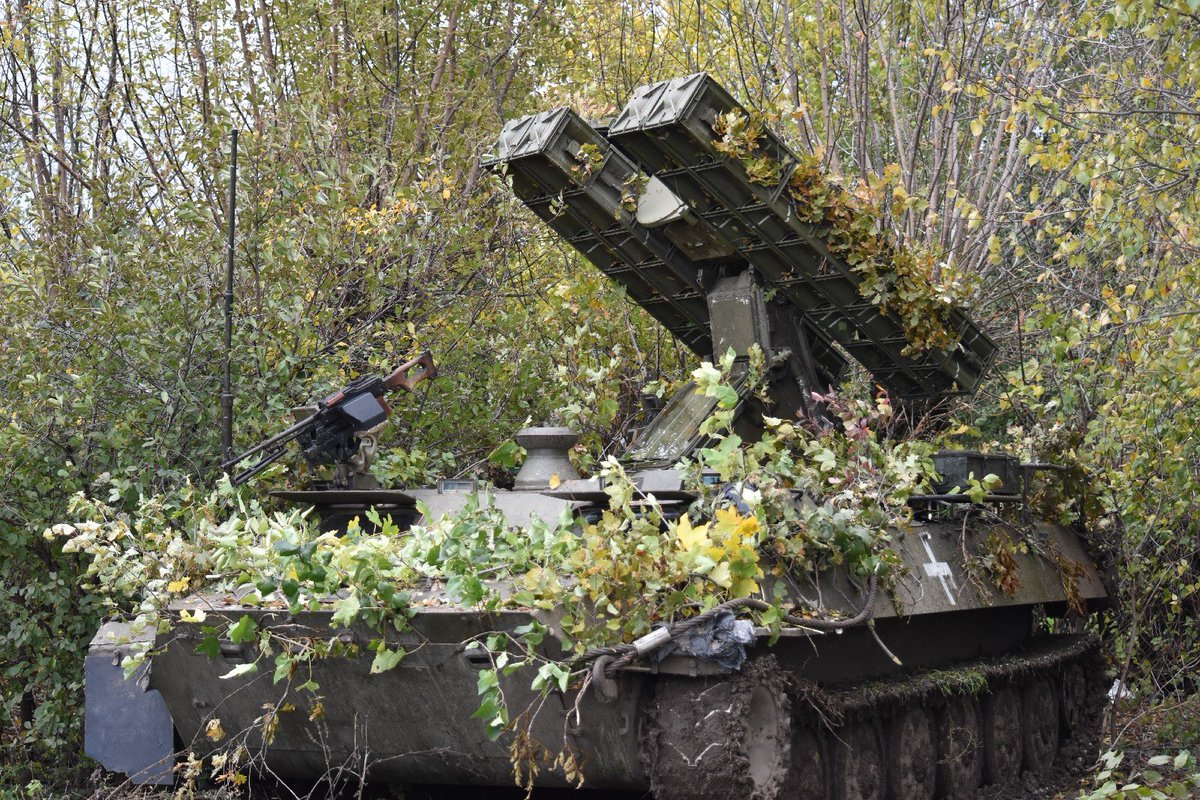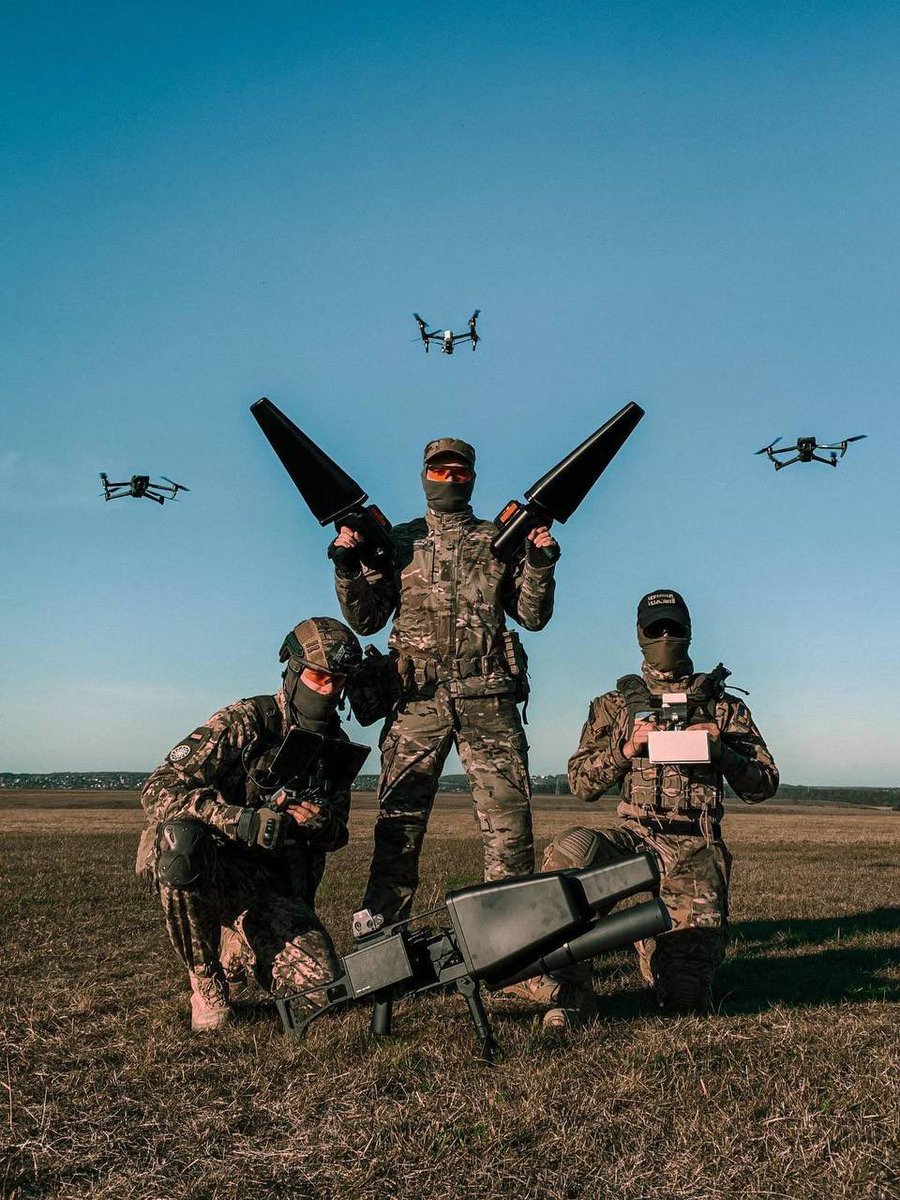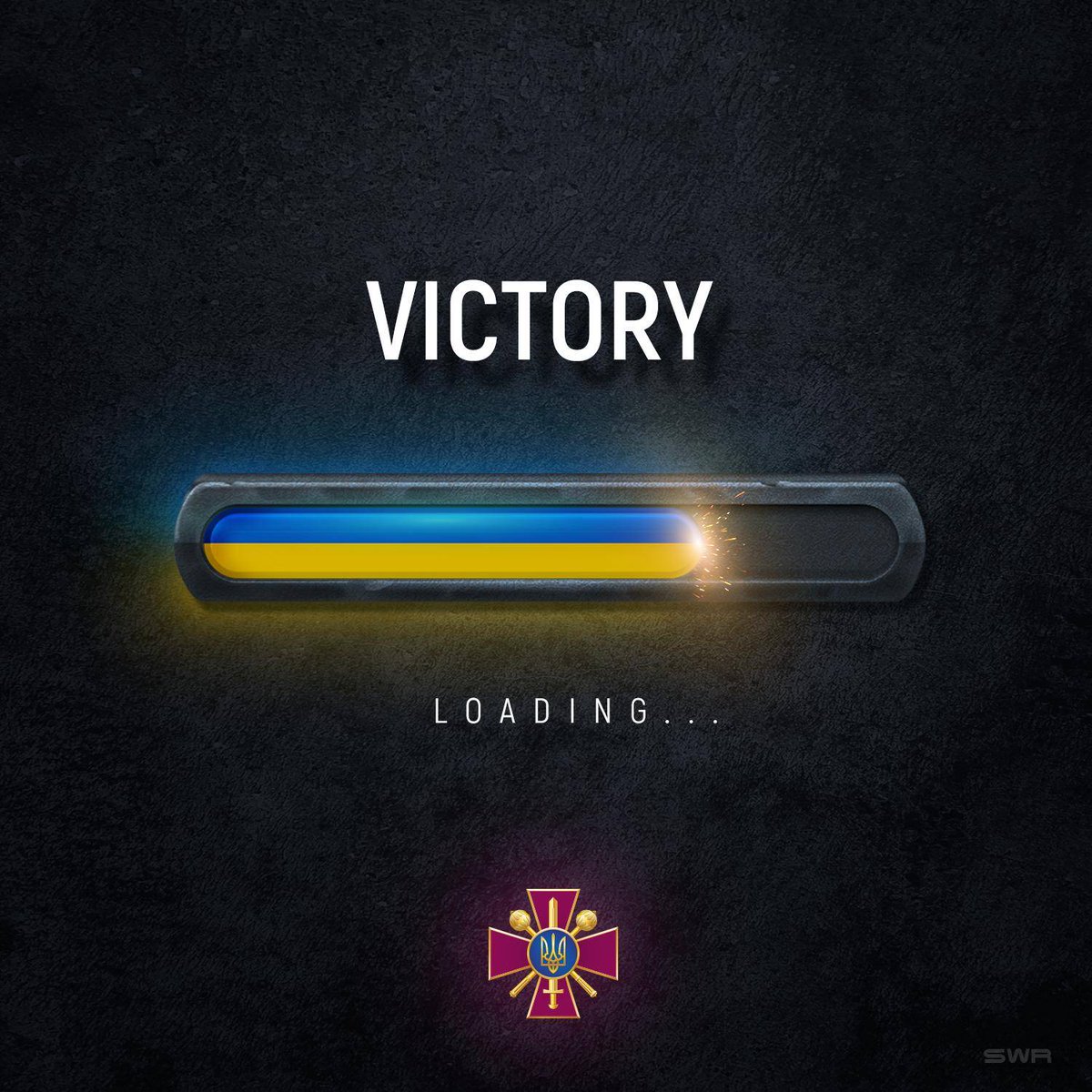
The uncertainty inherent in military operations is part of the enduring nature of war. It is impossible for a military institution to anticipate everything. Therefore, a key virtue for military organizations in war must be adaptability. Adaptation in #Ukraine - an update 1/25 🧵 

2/ As @DWBarno76 & @norabensahel have written, “even if militaries do imagine the next war accurately, the opening battles often unfold in spectacularly unexpected ways—with even well-trained armies often taken by surprise.” 

3/ Belligerents constantly seek ways to outthink & out fight the other side. New technologies are introduced, new tactics developed & new organisations are introduced to exploit new ideas and technologies.
4/ During this war, I have explored the adaptive capacity of Ukrainian & Russian forces. There has been an ongoing adaptation battle, which offers lessons for military institutions on modern war and the role of adaptation at all levels. engelsbergideas.com/essays/how-ukr…
5/ Throughout the war, the Russians have also had to adapt their strategy. While Putin’s political objectives have remained relatively steady (the eradication of the Ukrainian state), the military’s approach has evolved.
6/ The Russian Plan B after the first 3 days was a ‘creeping, multi-axis attrition’. It featured more firepower, as well as destruction of smaller cities to set an example for Kyiv. This dispersed strategy meant there was no obvious main effort. 

7/ From around April, there was a Russian shift to focus offensive operations in the Donbas to attrit the Ukrainians, while generally assuming a defensive posture elsewhere. The introduction of #HIMARS put an end to this, and also presented opportunities to the Ukrainians.
8/ There were attempts to adapt Russian command and control which led to the appointment of a ‘unified commander’, General Dvornikov, in early April. theguardian.com/world/2022/apr…
9/ In the wake of Russian failures in Kharkiv and the Kerch Bridge, and with Russian forces in western Kherson in a perilous position, Russia again adapted its approach in appointing General Surovikin. He withdrew the Kherson forces to realign his defence. mickryan.substack.com/p/general-suvo…
10/ He also immediately evolved the air campaign to focus on fewer, large-scale strikes. These massed missile & drone strikes have had a significant impact on Ukraine’s power generation and distribution. And, defending the power network absorbs precious military resources.
11/ But, the Ukrainians have also been adapted their operations. While they have been successful in the tactical fight and strategic influence operations, their capacity for strategic strike has been limited. That is, until the Ukrainians adapted their approach recently.
12/ This month, Ukraine has commenced longer range strikes – using different uncrewed systems – to attack Russian military installations. This Ukrainian adaptation places the Russians in a dilemma about allocation of military resources to Ukraine versus home base defence. 

13/ While these are not (yet) causing massive damage to Russia’s strategic assets, particularly its bombers or its naval assets in the Black Sea, we can see the Ukrainians learning from their early strikes to probably use more effective weapons and tactics in future.
14/ This will place increasing pressure on Putin directly, as well as indirectly through unease amongst the Russian population. It probably won’t help Russian civil-military relations either!
15/ So, the #adaptation battle writ large continues in this war. But there are also subsidiary ‘adaptation battles’ that bear mentioning and which deserve ongoing observation and assessment.
16/ First is the armoured fighting vehicle (AFV) versus precision anti-armour weapon fight. This has been a characteristic of ground warfare since the Arab-Israeli wars, and has featured in #Ukraine. Early conclusions are that the tank is not dead, but its employment will evolve.
17/ And, survivability of dismounted anti-armour teams will be much harder when an adversary is using combined arms teaming which also includes uncrewed systems and predictive #AI. 

18/ The competition between Ground Based Air Defence (GBAD) & crewed aircraft is interesting. The Ukrainians have cobbled together a deadly integrated air & missile defence system. Russian crewed aircraft are loathe to fly over Ukraine. They use missiles & drones. 





19/ There are important lessons here for western air forces, and the balance of crewed versus uncrewed aerial combat platforms. Interestingly, no one has yet called the death of the crewed fighter like some have with tanks.
20/ Finally, autonomous systems versus counter-autonomy systems is a growing adaptation battle in Ukraine. Autonomous systems have featured throughout this war, with both sides employing dozens of military and civil aerial systems.
21/ Counter autonomy has generally been a ‘lagging capability’. A range of electromagnetic and kinetic solutions are now being deployed. But, the lesson here is we need a new generation of counter-autonomy systems that are cheaper to purchase and deploy widely. 





22/ These are just three examples of different adaptation battles occurring beneath the larger Ukraine-Russia adaptation fight. There are many more, and they are all worthy of further examination and analysis.
23/ The United States & China are watching this adaptation battle. It is very likely that their observations and analysis of the war will result in adaptation to their weapons programs, warfighting concepts, organisations, and the training of their personnel.
24/ As Barno & Bensahel write, “preparing to adapt in the next war is just as important as preparing to fight itself.” Succeeding in the adaptation battle, built on institutional learning, is a core part of war. It has been key to Ukraine’s success. We must all learn from it. End 

25/ Thank you to the following whose images were used in this thread: @KpsZSU @RALee85 @UAWeapons @DefenceU @washingtonpost @ImageSatIntl @NDUFoundation @brycewilsonAU 

• • •
Missing some Tweet in this thread? You can try to
force a refresh






